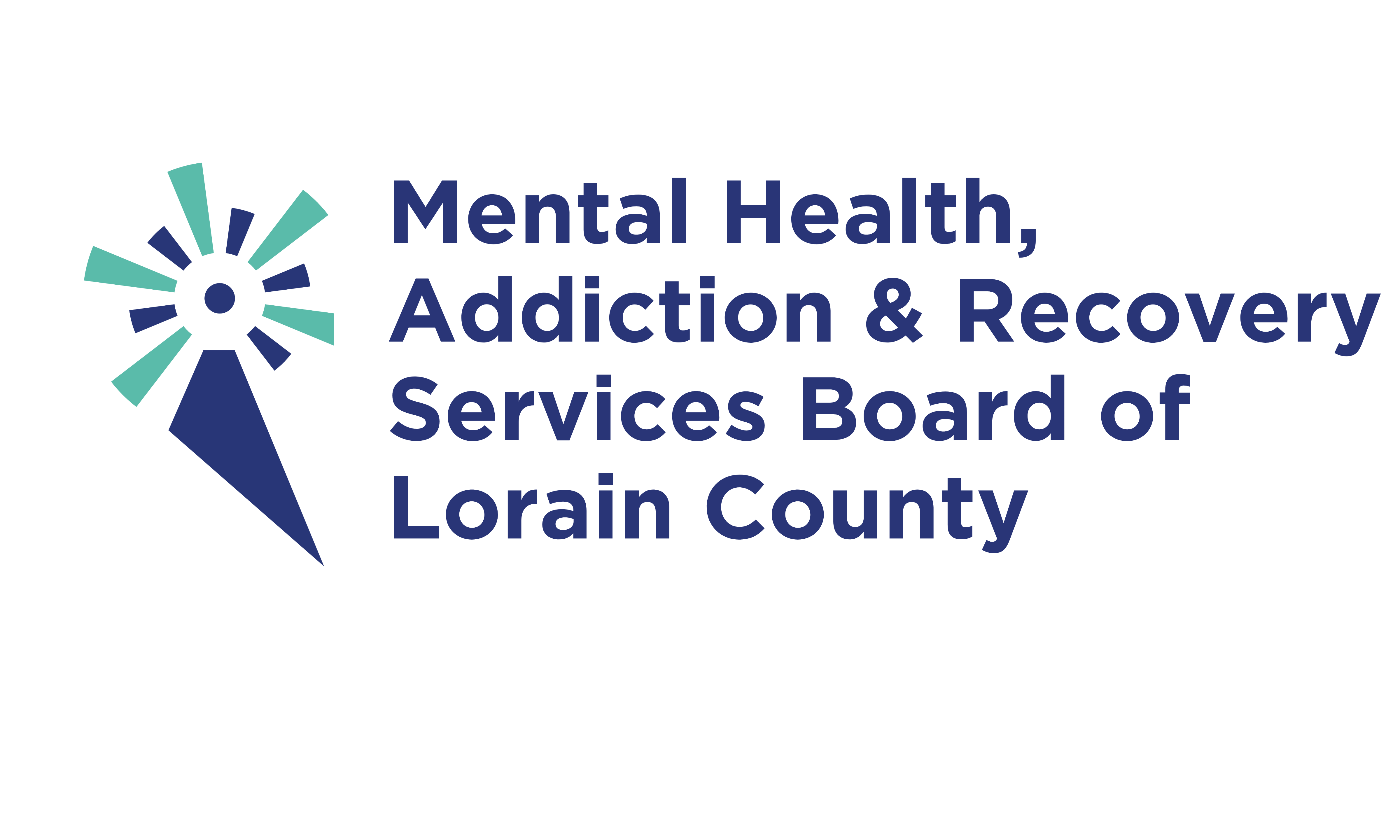Addiction and Overdose Overview
What you need to know about opiate, opioid or other drug misuse
What is Addiction?
Addiction is a chronic, relapsing brain disease that is characterized by compulsive drug seeking and use despite harmful consequences.
Drugs change the brain. These changes can be long-lasting and can lead harmful behaviors seen in people who abuse drugs.
What are Opioids?
Opioids are drugs that depress or relax the activity of the nervous system, decreasing feelings of pain and affecting breathing.
Opioids include drugs such as heroin, oxycodone (Percocet, Percodan, OxyContin), hydrocodone, (Vicodin, Lortab, Norco), Fentanyl, hydromorphone (Dilaudid), buprenorphine (Subutex, Suboxone), codeine, methadone, morphine, tramadol (Ultram), and synthetics like carfentanil.
How to Help Others
- Talk to youth and others about avoiding drugs and practicing positive coping skills.
- Provide supportive resources available in this guide to those who use opioids.
- Offer emotional support to those using to encourage them to seek services while avoiding ultimatums.
- Request a Narcan rescue kit; request a medication disposal pouch.
- If a person is experiencing an overdose, call 911 immediately.
Signs of an overdose
An overdose is a medical emergency and 911 should be called immediately.
Signs:
- Slow breathing (less than 1 breath every 5 seconds) or no breathing
- Vomiting
- Face is pale and clammy
- Blue lips
- Slow, erratic or no pulse
- Snoring or gurgling noises while asleep or nodding out
- No response when you yell the person’s name or rub the middle of their chest with your knuckles
How to respond to an overdose
- Try to wake the person up by yelling their name and rubbing the middle of their chest with your knuckles.
- Call 911 and explain that the person has stopped or is struggling to breath.
- Make sure nothing is in the person’s mouth that can block their breathing. If breathing has stopped or is very slow, begin rescue breathing.
- If possible, administer naloxone (Narcan).
What is naloxone (Narcan)?
- Naloxone is medicine commonly known as Narcan that can be used to reverse an overdose by opioid drugs.
- When administered during an overdose, naloxone blocks the effects of opioids on the brain and restores breathing.
- It can be given as an injection in the muscle or as a nasal spray. Naloxone works rapidly and will not harm the person receiving it.
If you are using opiates or other drugs, how do you know you are ready to get help?
- Have you ever felt you should cut down your use?
- Have you ever felt guilty or bad about your using?
- Have you ever felt that if you could quit using, your life would be better?
- Have you ever been in trouble with the law, at school or work due to your use?
- Has your drug use caused problems at home with your spouse/partner or family?
- Have you used to ease withdrawal symptoms or avoid feeling low?
- Are you currently experiencing withdrawal symptoms: excessive sweating, nausea, diarrhea, insomnia, muscle pain, or extended fatigue?
If you said yes to any of these questions, please see call the Navigator at 440-240-7025 for treatment options.
Are you or someone you know experiencing an opiate or other drug addiction?
Three things to do:
- Call for help or more information: non-emergency 440-240-7025, emergency 9-1-1 or 1-800-888-6161.
- Have Naloxone (Narcan) on hand to reverse a life-threatening overdose.
- Know that you are not alone. Help is available.
Crisis Intervention Services
If you are experiencing a crisis that requires immediate attention, CALL 911 or go to the nearest emergency room.
MENTAL HEALTH AND ADDICTION:
Lorain County 24/7 Crisis Hotline: 1-800-888-6161
Crisis Text Line: text 4hope to 741 741
Ohio Department of Mental Health & Addiction Services Helpline: 877-275-6364
Addiction Helpline: 440-989-4900
FAMILY, DOMESTIC, INTIMATE PARTNER VIOLENCE:
Domestic Violence Hotline: 1-866-213-1188
